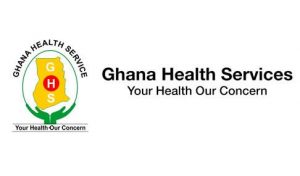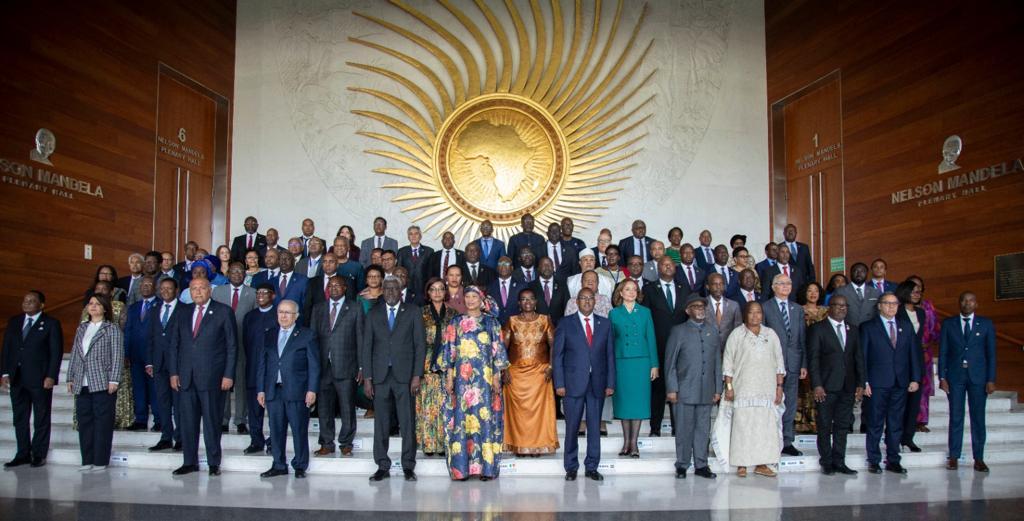The business of healthcare delivery in any nation is of great importance to any responsible government, hence the attention that the Ghanian government gave to it over the years and particularly in the outgone year of 2022. This article attempts to discuss some of the milestone achievements made in Ghana in healthcare delivery system and also what it needs to do to improve its delivery system when it comes to healthcare.
Ghana, like many other African countries, has been working to improve its healthcare system over the past few decades. In 2022, Ghana made significant progress in primary healthcare delivery with several new initiatives and policies designed to improve healthcare delivery and outcomes. According to the World Health Organization, Ghana’s healthcare system is among the best in sub-Saharan Africa, with significant improvements in healthcare infrastructure, access to essential medicines, and the availability of healthcare professionals although challenges still exist.
Access to healthcare in Ghana remains a challenge, particularly for people living in rural areas. According to the Ghana Health Service, it takes an average of two hours to access healthcare in urban areas, while it takes up to six hours or more in rural areas. Additionally, there is a significant shortage of healthcare professionals in rural areas, with only 21% of doctors and 32% of nurses practicing in rural areas.
Maternal mortality rates in Ghana have seen a steady decline in recent years, from 310 deaths per 100,000 live births in 2010 to 308 deaths per 100,000 live births in 2022. However, Ghana still has one of the highest maternal mortality rates in sub-Saharan Africa. To address this issue, the Ghana Health Service has implemented several programs, including the “Safe Motherhood” initiative, which provides pregnant women with essential healthcare services.
STEADY DECLINE OF MORTALITY RATE OVER THE YEARS
Child mortality rates have also seen improvement in recent years, with a decline from 49 deaths per 1,000 live births in 2010 to 37 deaths per 1,000 live births in 2022. This is due in part to Ghana’s expanded immunization program, which provides vaccines to prevent childhood diseases.
Ghana has also made progress in the fight against communicable diseases, including HIV/AIDS, malaria, and tuberculosis. The country has implemented several programs to increase access to testing and treatment for these diseases, and as a result, the number of new HIV infections has declined by 7% since 2010. Additionally, Ghana has made significant progress in reducing malaria-related deaths, with a decline from 10,411 deaths in 2010 to 4,673 deaths in 2022.
Despite these improvements, Ghana’s healthcare system still faces several challenges. One major issue is the inadequate financing of healthcare, with only 1.2% of the country’s GDP allocated to healthcare in 2021. This has led to a shortage of essential medical supplies, as well as a lack of investment in healthcare infrastructure.
Another challenge is the shortage of healthcare professionals, particularly in rural areas. To address this issue, the Ghanaian government has implemented several initiatives, including the establishment of the University of Health and Allied Sciences in the Volta Region, which aims to produce more healthcare professionals.
One of the most notable developments in Ghana’s healthcare system in 2022 was the launch of the National Health Insurance Scheme (NHIS) expansion program. This program aims to improve access to healthcare services for all Ghanaians, especially those living in rural areas. The NHIS expansion program will make healthcare services more affordable and accessible to Ghanaians by increasing the number of healthcare facilities and healthcare professionals across the country.
THE EXPANSION OF THE NHIS FOR ACCESS TO HEALTHCARE DELIVERY
Another key development in Ghana’s healthcare system in 2022 was the rollout of the Ghana Primary Health Care (PHC) revitalization program. This program focuses on strengthening the country’s primary healthcare system, which is often the first point of contact for patients seeking medical care. The PHC revitalization program includes measures such as the recruitment of additional healthcare workers, the upgrading of healthcare facilities, and the introduction of new technologies to improve healthcare delivery.
In addition to these national programs, there were several other initiatives and policies implemented in 2022 to improve healthcare delivery in Ghana. For instance, the government launched a new telemedicine service, which allows patients to access medical consultations and advice remotely. This service has been particularly beneficial for people living in remote areas who previously had limited access to healthcare services.
Another important development in Ghana’s healthcare system in 2022 was the introduction of a new drug procurement policy. Under this policy, the government will procure all drugs and medical supplies centrally, which will help to reduce the cost of healthcare services and improve the quality of care provided to patients.
The government is expected to allocate more funding to healthcare, particularly in rural areas, to improve access to essential medical supplies and invest in healthcare infrastructure. Additionally, efforts should be made to increase the number of healthcare professionals in the country, particularly in rural areas.
In conclusion, Ghana has made significant progress in improving its healthcare system with the launch of several new programmes and initiatives aimed at improving healthcare delivery and outcomes. While there is still much work to be done to ensure that all Ghanaians have access to high-quality healthcare services, the developments of 2022 suggest that the country is moving in the right direction.
References:
Ghana Health Service. (2022). Health Sector Annual Report 2021. Accra, Ghana.
World Health Organization. (2022). Ghana. Retrieved from https://www.who.int/countries/gha/en/
UNICEF. (2022). Ghana. Retrieved from https://data.unicef.org/country/gha/



